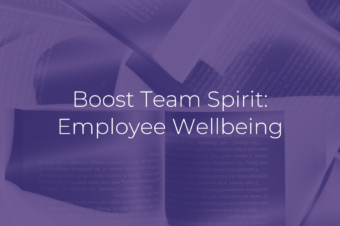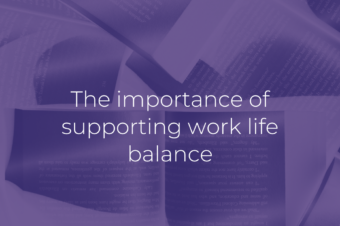
Stress Awareness Month has been held every April since 1992 and is aimed at increasing public awareness about both the causes and cures for our modern stress epidemic.
Millions around the UK are experiencing high levels of stress and it is damaging our health. Stress is one of the great public health challenges of our time, but still isn’t being taken as seriously as physical health concerns. Stress is a significant factor in mental health problems including anxiety and depression. It is linked to physical health problems like heart disease, problems with our immune system, insomnia and digestive problems. Individually, we need to understand what is causing us personal stress and learn what steps we can take to reduce it for ourselves and those around us.
Some things that may help:
- Talk about stress and its effects – we can reduce the stigma that is associated with stress by talking about the topic openly and freely with friends, family and colleagues.
- Share your coping mechanisms – if something works for you why not share it? It might benefit someone you care about and in the meantime it could help you take your focus off your own challenges.
- Be nice to those who are stressed and anxious – we will all experience stress and anxiety in our lifetime, so treat others going through it with compassion and empathy.
- Look after yourself – think more about self-care – take time to relax or do something that you enjoy. Don’t forget to exercise and eat well, even when you feel overly stressed.
Things employers can do to help:
Managers need to be able to promote wellbeing at work and to recognise when stress is having a negative effect. Acting as the rest line of support to employees, they play a key role in ensuring that organisational objectives are met. Without adequate training managers will not be well equipped to handle the barriers that stress and poor mental health can create.
- Identifying key stressors and how they are addressed to reduce the effects of stress in the workplace
- Improving managers’ skills and confidence in dealing with stress and wellbeing within their teams
- Discussing the duty of care responsibilities of first line managers
- Identifying areas of action to create and maintain a mentally healthy workplace
HR professionals play a vital role in terms of employee’s health and wellbeing, so it is imperative that they are aware of how to help stressed employees by:
- Recognising the signs and symptoms of stress in themselves and others
- Understanding the causes and effects of stress and its impact at personal, departmental and organisational levels
- Learning how to help employees when they are showing signs of stress
- Discussing ways to help employees if they are unable to work due to stress as well as putting preventative measures in place
- Understanding how to create a robust business case for wellbeing to gain senior management buy in
- Learning how to create a strategic wellbeing action plan
If you found this article useful, you might like this one.








